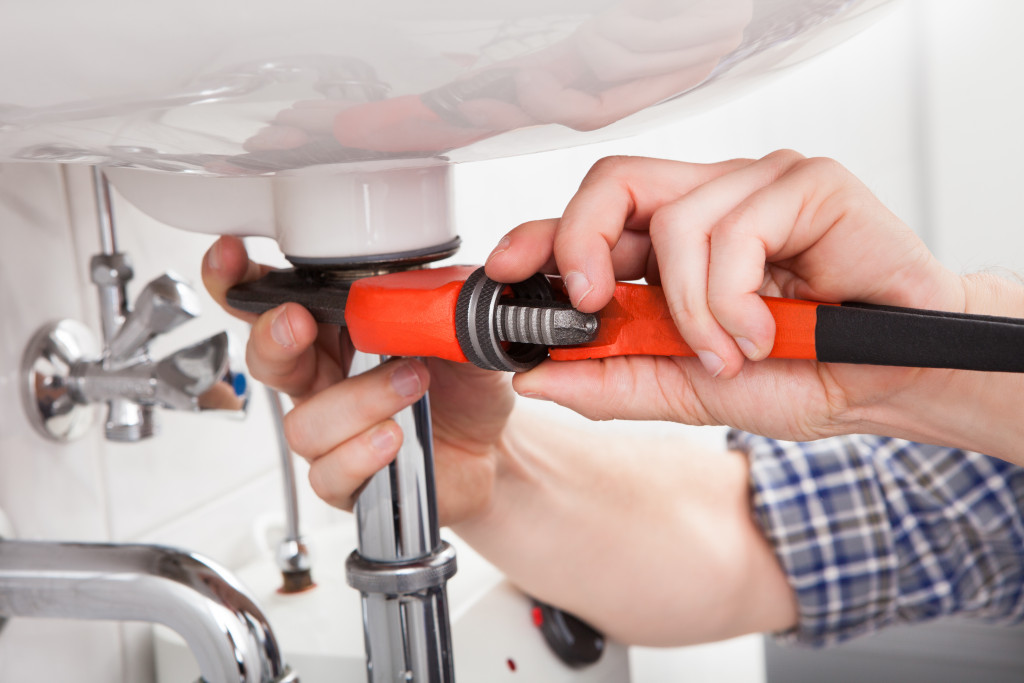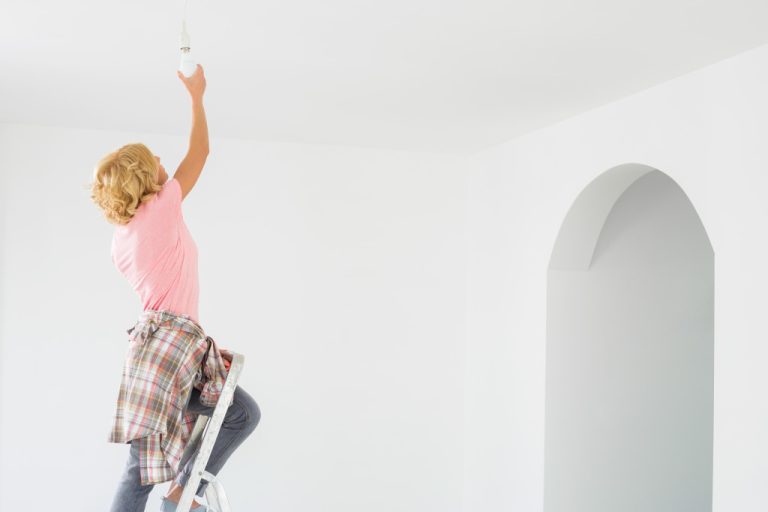Becoming a first-time homeowner is a huge milestone in anyone’s life. It’s a time of excitement and new beginnings, but it can also be a time of uncertainty and confusion. What should you do when something goes wrong with your house? How do you know when to call a professional? And what are some basic repairs that you can do yourself?
In this article, we’ll answer all of these questions and more. We’ll give you some tips on how to be a successful first-time homeowner, from dealing with small repairs to knowing when to call in a professional. By following our advice, you can keep your home in good shape for years to come.

Get to Know Your House
Before you can start tackling repairs, it’s important to get to know your house. This means taking a good look at the layout, understanding where the water and electricity shut-offs are, and locating the fuse box and main water valve. You should also know how to use basic tools, such as a screwdriver and hammer.
If you’re not sure about something, don’t be afraid to ask for help. Your local hardware store or home improvement center can be a great resource for advice and information.
Deal with Small Repairs Right Away
One of the biggest mistakes that first-time homeowners make is putting off small repairs. If something breaks or starts to wear out, it’s important to take care of it right away. Otherwise, the problem will only get worse and cost more to fix in the long run.
Some of the most common small repairs that homeowners face include:
- Fixing a leaky faucet
- Changing a light bulb
- Repairing a screen door
- Fixing a squeaky floorboard
- Reattaching a loose doorknob
If you’re not sure how to fix the problem, there are plenty of resources available to help you. You can find step-by-step guides online or ask a friend or neighbor for assistance.
Don’t Ignore Warning Signs
Sometimes, homeowners ignore warning signs that their house is in need of repair. This can be a costly mistake, as ignoring these signs can lead to much bigger problems down the road.
Some of the most common warning signs that your house needs repairs include:
- Peeling paint or wallpaper
- Cracks in the walls or ceilings
- Sagging floors
- Water stains on the ceiling or walls
- Mold or mildew
If you notice any of these signs, it’s important to take action right away. Ignoring them will only lead to bigger and more expensive problems down the road.
Call in a Professional When Necessary
There will be times when homeowners need to call in a professional to take care of a repair. This is often the case with more complex repairs, such as electrical or plumbing issues. It’s also a good idea to call in a professional if you’re not comfortable doing the repair yourself.
For example, it’s better to call professionals for air conditioner repair than to try to fix it yourself. This is because AC repair can be dangerous and costly if you don’t know what you’re doing.
If you do need to call in a professional, be sure to do your research and choose someone who is reputable and qualified.
Follow Basic Maintenance Procedures
One of the best ways to avoid costly repairs is by following basic maintenance procedures. This includes things like changing the air filter in your HVAC unit, checking the roof for leaks, and cleaning the gutters.
Taking care of these tasks on a regular basis will help keep your house in good condition and prevent major problems from developing.
Keep an Emergency Fund for Repairs
Even if you’re vigilant about maintenance, there’s always a chance that something will go wrong with your house. That’s why it’s a good idea to have an emergency fund set aside for unexpected repairs.
Ideally, you should have enough money in your emergency fund to cover the cost of a major repair, such as a new roof or HVAC unit. Having this money saved up will help you avoid going into debt if something goes wrong.
Learn About Your Home’s Insurance Coverage
It’s important to know what your home insurance covers in case of a disaster or major repair. This will help you make sure that you’re not under-insured in the event of an emergency.
Most homeowners insurance policies cover things like damage from natural disasters, theft, and vandalism. However, there may be some things that are not covered, so it’s important to be aware of this.
Conclusion
Being a first-time homeowner can be a lot of work. But if you’re prepared and willing to do the necessary maintenance, you’ll be able to keep your home in good condition for years to come. Just remember to stay organized, keep track of receipts and warranties, and call in a professional when necessary. By following these tips, you’ll be on your way to being a successful homeowner.
